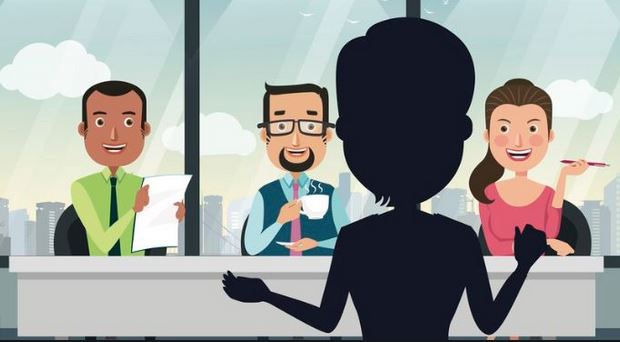
When you are getting ready for your job interview, you have probably gone through standard job-seeking procedure. You know to put your phone away, not to dress like a slob and to practice your answers to the most common interview questions. As practical as these rituals are, there are real secrets that can give you an edge and make you stand out in a sea of similar, if not better applicants. We talked to HR managers and CEOs who shared some of the secrets of the trade that will land you the job. Also, good to note that the opinions expressed are their own and not those of the institutions they work for.